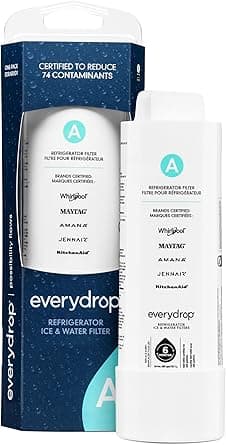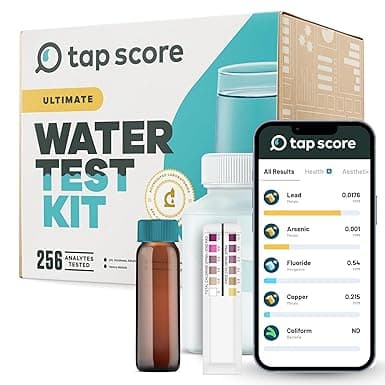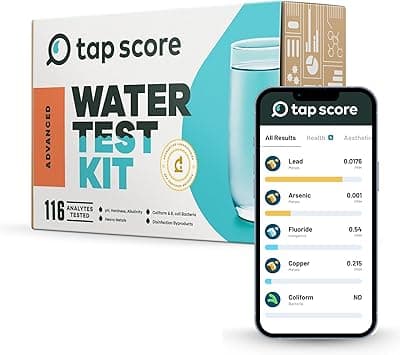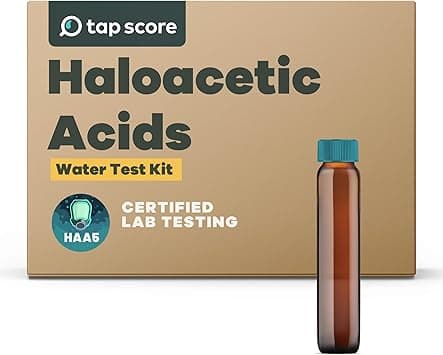Horn Lake Tap Water Quality Report
Horn Lake's water has 7 contaminants above EPA MCLGs. We recommend using a certified water filter.
Utilities
5 Utilities
People Served
37,232
MCL Violations
0
Last Updated
Is Horn Lake Tap Water Safe to Drink?
Horn Lake's water has 7 contaminants above EPA health-based guidelines. We strongly recommend using a certified water filter to reduce exposure to these contaminants. Check our filter recommendations below for NSF-certified options that can remove the specific contaminants found in Horn Lake's water.
The data below shows test results from 5 water utilities serving 37,232 people in the Horn Lake area. Water quality testing is conducted regularly and reported to the EPA. This report was last updated 2021-05-24.
Horn Lake Water Service Areas
Loading service area map...
Recommended Water Filters for Horn Lake
Based on Horn Lake's water quality data, these NSF-certified filters are recommended to remove contaminants above EPA MCLGs.

Culligan
ZeroWater
NSF Certified:
Flow Rate
1.9 gpm
Daily Production
1 gpd
Removes 19 contaminants:
Nitrate, Copper, Zinc, Barium, Sulfate +14 more

Whirlpool Corporation
W11256135
NSF Certified:
Capacity
1001 gal
Filter Life
3 mo
Flow Rate
0.7 gpm
Removes 19 contaminants:
1,2 Dichlorobenzene, 1,4 Dichlorobenzene, 2,4-D, Asbestos, Atrazine +14 more

Whirlpool Corporation
W11569861
NSF Certified:
Capacity
1001 gal
Filter Life
3 mo
Flow Rate
0.52 gpm
Removes 22 contaminants:
1,2 Dichlorobenzene, 1,2,4 Trichlorobenzene, 1,4 Dichlorobenzene, 2,4-D, Asbestos +17 more

Clearly Filtered
NSF Certified:
Flow Rate
0.5 gpm
Daily Production
100 gpd
Removes 7 contaminants:
Chlorine, Lead, Fluoride, PFAS, Pharmaceuticals +2 more
Verify Your Water Quality with Independent Testing
With 7 contaminants above EPA health guidelines, independent laboratory testing provides a second opinion and can track changes over time.

SimpleLab
Advanced Home Water Test
$369
Most comprehensive home water test including all standard tests plus additional parameters for ultimate peace of mind.

SimpleLab
Standard Home Water Test
$232
Comprehensive water analysis testing over 200 contaminants including bacteria, heavy metals, and chemical compounds.

Tap Score
Haloacetic Acids (HAA9) Test
$275
Tests for disinfection byproducts formed when chlorine reacts with organic matter in water treatment.
Frequently Asked Questions About Horn Lake Tap Water
Horn Lake's water has 7 contaminants above EPA MCLGs. We strongly recommend using a certified water filter to reduce exposure to these contaminants. Check our filter recommendations below for NSF-certified options that can remove the specific contaminants found in Horn Lake's water.
Stay Informed About Your Water Quality
Get EPA reports, filter recommendations, and safety alerts for your area.
Join 10,000+ people protecting their families. Unsubscribe anytime.